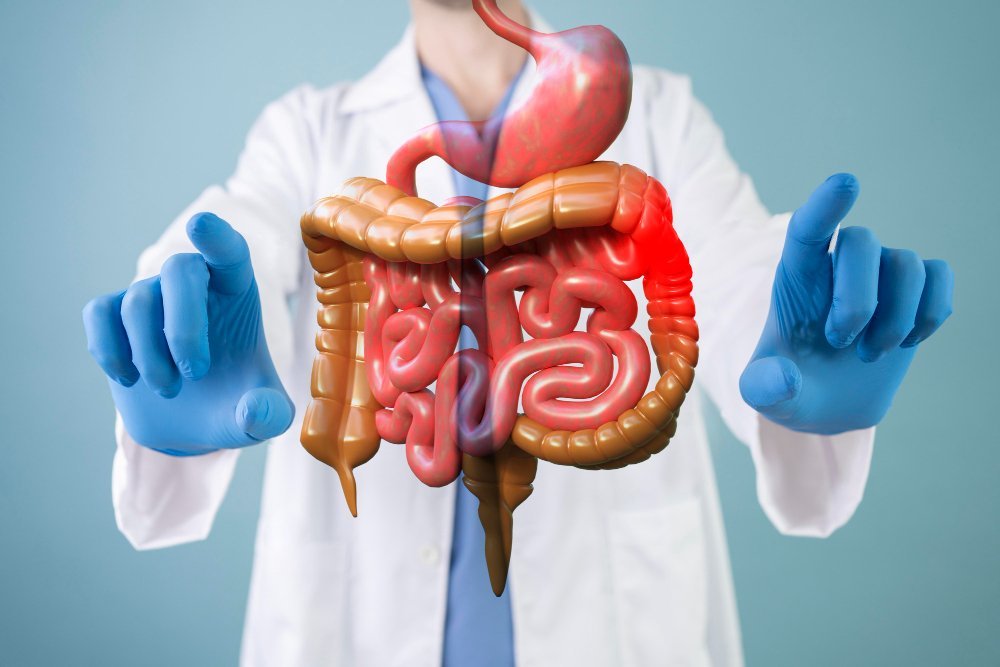
Gastroenterology is a branch of medicine focused on the diagnosis and treatment of conditions affecting the gastrointestinal (GI) tract, which includes the esophagus, stomach, small intestine, large intestine (colon), rectum, pancreas, gallbladder, bile ducts, and liver. Gastroenterologists are specialists who use various diagnostic tests, such as endoscopies, colonoscopies, and imaging studies, to identify issues ranging from acid reflux (GERD), ulcers, and irritable bowel syndrome (IBS) to more serious conditions like cancer, hepatitis, and inflammatory bowel disease (IBD). Treatment can involve medication, dietary modifications, and, in some cases, interventions like endoscopic procedures for direct treatment or management of GI diseases. Gastroenterology also works closely with surgery when advanced interventions are needed.
Vihaan Hospital & Research Centre features a distinguished Gastroenterology department renowned for its expertise in diagnosing and treating a wide range of gastrointestinal diseases. Equipped with the latest in medical technology, the department offers comprehensive care for conditions such as acid reflux, peptic ulcers, IBS, IBD, celiac disease, gastrointestinal cancers, and liver diseases. The team of highly skilled gastroenterologists at Vihaan Hospital employs advanced diagnostic procedures, including endoscopies and colonoscopies, ensuring accurate diagnoses and tailored treatment plans. Emphasizing patient-centered care, the department aims to provide effective treatments through medication, dietary advice, and minimally invasive procedures, all within a supportive and compassionate healthcare environment.
Gastroenterology F&Q's
A gastroenterologist diagnoses and treats conditions affecting the gastrointestinal (GI) tract, including the esophagus, stomach, small intestine, large intestine (colon), liver, gallbladder, and pancreas. Common conditions include GERD, IBS, IBD, ulcers, and liver diseases.
Common diagnostic tests include endoscopies (like gastroscopy and colonoscopy) to examine the inside of the GI tract, imaging studies (such as CT scans and MRIs), and biopsies to analyze tissue samples for disease.
IBS (Irritable Bowel Syndrome) is a functional disorder causing symptoms like cramping and abdominal pain without visible GI tract damage. IBD (Inflammatory Bowel Disease) refers to chronic conditions, including Crohn’s disease and ulcerative colitis, that cause inflammation and damage in the GI tract.
Treatment for GERD may include lifestyle changes (diet modification, weight loss), medications to reduce stomach acid, and in severe cases, surgical interventions to repair the esophageal sphincter or reduce hiatal hernia.
Yes, diet significantly impacts GI health. Certain foods can exacerbate conditions like GERD, IBS, and IBD, while a balanced diet rich in fiber can promote healthy digestion and reduce the risk of diseases such as colorectal cancer.
Recent advancements include improved endoscopic techniques for more precise diagnosis and treatment, non-invasive tests for liver fibrosis, and targeted biological therapies for IBD. These developments have enhanced the accuracy of diagnoses, minimized the need for surgery, and improved overall patient care and outcomes.











